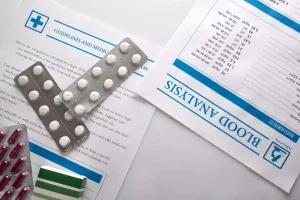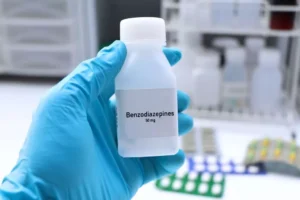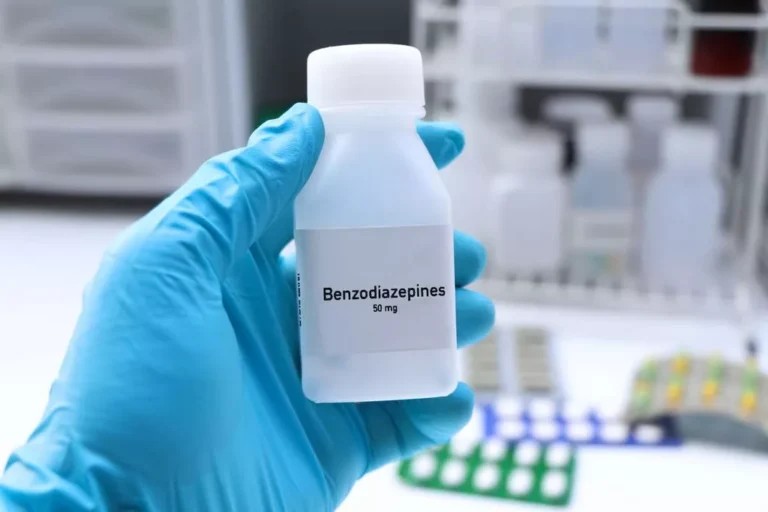Sober living
Tipsy vs Drunk: What is the Difference?

When a person consumes alcohol, the full effects may take some time to become apparent. Some symptoms are common across all levels, while more severe effects appear at a higher level of intoxication. Understanding what it feels like to be drunk involves exploring a mix of physical, emotional, and psychological sensations. This exploration can help individuals make informed decisions about their drinking habits and recognize the signs of intoxication.
Get Started On Your Journey
Ever noticed how after a drink or two, you become the life of the party, cracking jokes, and chatting up everyone, even that cute barista who makes you tongue-tied? It boosts levels of dopamine, the feel-good chemical that gives you that warm, fuzzy feeling that “all is well” in the world no matter what’s actually going on around you. When an individual is unconscious due to alcohol intoxication, it can be a serious and potentially life-threatening situation. It is important to seek immediate medical assistance if someone is unresponsive and cannot be awakened.

Signs and Symptoms of Being Tipsy
Individuals may have difficulty walking, experience slurred speech, and struggle with fine motor skills. This lack of coordination can increase the risk of accidents and injuries. Alcohol significantly impairs judgment and decision-making abilities.
Kratom Withdrawal Timeline
Long-term risks include liver damage, cardiovascular disease, and mental health disorders. Many people separate drinking into levels or “stages” of drunkenness. While there’s no standardized level that everyone goes off of, there is a way to measure it through blood alcohol percentage (BAC). This is what law enforcement and medical workers use to determine exactly how intoxicated an individual is. Many people are curious about how alcohol affects the body, both physically and emotionally.
These work to ease stress and anxiety, reduce feelings of pain, and boost mood. Alcohol also increases GABA, which calms the brain, and decreases glutamate, an excitatory neurotransmitter. These neurotransmitters cause the depressive effects of alcohol.

Emotional Swings and Instability
Read on to learn exactly why and how you go from drink to drunk. Moderation is key to enjoying alcohol without suffering from its negative effects. We’d love the opportunity to help you during this overwhelming and difficult process. The Summit Wellness Group is located in Georgia and all of your calls will be directed to one of our local staff members. Our sincere passion is helping people recover so that they can live full, meaningful and healthy lives. According to the National Highway Traffic Safety Administration, 1,878 people were killed in 2018 in alcohol-related crashes involving drivers with BACs of .01 to .07 g/dL.

What are the Different Stages of Being Drunk?

From the second you take a sip, alcohol starts working its way through your body, affecting everything from your mood to your muscles. Your BAC definitely plays a role in drunkenness, but isn’t the only factor in how drunk you feel. Up to 20% of the alcohol you drink goes into your bloodstream through your stomach. The rest of it gets into your bloodstream via your small intestine.
Medical Disclaimer
This impairment is due to its effect on the brain’s prefrontal cortex, which is responsible for rational thinking and impulse control. As a result, individuals may engage in risky behaviors, such as driving under the influence or making poor financial decisions. We publish material that is researched, cited, edited and reviewed by licensed medical professionals. The information we provide is not intended to be a substitute for professional medical advice, diagnosis or treatment. It should not be used in place of the advice of your physician or other qualified what is alcoholism healthcare provider.
What Does Drinking Too Much Feel Like?
You may think that you’re sober once you’re able to walk in a straight line, but that doesn’t mean that you aren’t drunk. At the beginning of the study in 1985, all what does being drunk feel like of the participants were healthy and none were dependent on alcohol. Over the next 30 years, the participants answered detailed questions about their alcohol intake and took tests to measure memory, reasoning, and verbal skills. Alcohol affects us all differently and on top of that, these factors leave us even more in the dark when we’re drinking for the first time. To help us drink more safely and responsibly, let’s get a clearer picture of what to expect while we’re drinking, afterwards, and even in the long term. As intoxication reaches its peak, some individuals may experience a complete loss of consciousness.
- Alcohol also increases GABA, which calms the brain, and decreases glutamate, an excitatory neurotransmitter.
- You check your phone to see thirty new numbers in it of people who you have never heard of.
- Critical slowing of body functions occurs, leading to a life-threatening situation.
- They may also have trouble focusing their vision and have a hard time following a conversation.
- But food coma is ten times as worse than usual because you are wasted.
- You may think that you’re sober once you’re able to walk in a straight line, but that doesn’t mean that you aren’t drunk.

Alcohol can help reduce social anxiety, making it easier for individuals to connect with others and participate in group activities. At this stage, significant loss of coordination and memory blackouts can occur after consuming 4-5 drinks for women and 5+ for men. Individuals may struggle to remember events and make coherent decisions. With 1-3 drinks for women and 2-3 for men, individuals often feel more confident, talkative, and less inhibited.
